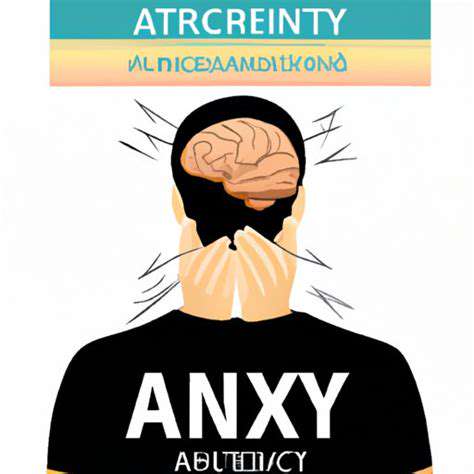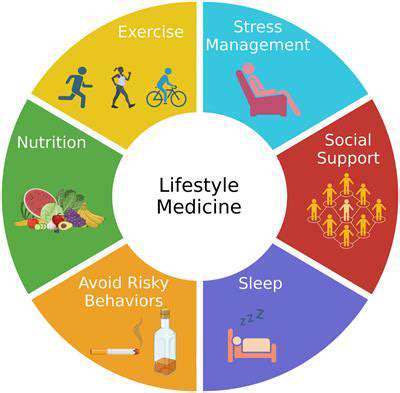Addressing Anxiety Felt in the Chest: Causes and Solutions
Identifying the Root Causes of Chest Anxiety
Understanding the Physical Manifestations
Chest anxiety, often accompanied by a rapid heartbeat, shortness of breath, and a feeling of tightness in the chest, can be a deeply unsettling experience. Understanding the physical manifestations of this anxiety is crucial in addressing the root causes. This often involves recognizing the interplay between the mind and body, as anxiety can trigger a physiological response that mimics symptoms of a heart condition, further escalating the feeling of unease and fear. It's essential to differentiate these physical responses from actual medical issues.
Physical sensations like chest pain, pressure, or a racing heart, while often associated with anxiety, can be alarming. Distinguishing between these anxiety-related symptoms and those stemming from a more serious underlying condition is key to appropriate management and seeking help when necessary.
Exploring Potential Psychological Contributors
Psychological factors play a significant role in triggering chest anxiety. Stressful life events, such as job loss, relationship problems, or financial difficulties, can significantly impact mental well-being and manifest as physical discomfort, particularly in the chest area. Underlying mental health conditions like generalized anxiety disorder (GAD) or panic disorder can also contribute to chronic chest anxiety, making it crucial to consider a comprehensive evaluation.
Unresolved emotional issues, past trauma, and even a perceived lack of control over situations can all fuel the development of anxiety. Identifying and understanding these psychological triggers can be a vital step in developing effective coping mechanisms and ultimately managing the anxiety itself.
Evaluating Possible Medical Conditions
While often stemming from anxiety, chest discomfort can sometimes indicate a serious underlying medical issue. Conditions like angina, heartburn, or even a panic attack may produce similar sensations, potentially leading to misdiagnosis or unnecessary concern. Therefore, consulting a healthcare professional is essential for proper evaluation and ruling out any medical conditions that may be contributing to the chest anxiety.
Seeking medical advice is paramount. A thorough medical examination, including a physical assessment and potentially diagnostic tests, can help determine if a physical cause exists beyond anxiety. This process helps ensure accurate diagnosis and appropriate treatment.
Developing Effective Coping Mechanisms
Developing effective coping mechanisms is paramount for managing chest anxiety. Techniques like deep breathing exercises, progressive muscle relaxation, and mindfulness meditation can help calm the nervous system and reduce the physiological responses associated with anxiety. Regular physical activity, maintaining a balanced diet, and sufficient sleep further contribute to overall well-being, providing a buffer against anxiety triggers. Seeking support from a therapist or counselor can offer valuable guidance and personalized strategies for managing anxiety.
By incorporating these coping mechanisms into daily life, individuals can gradually lessen the impact of chest anxiety and develop greater control over their reactions to stressful situations, leading to a more positive and stable emotional state.

